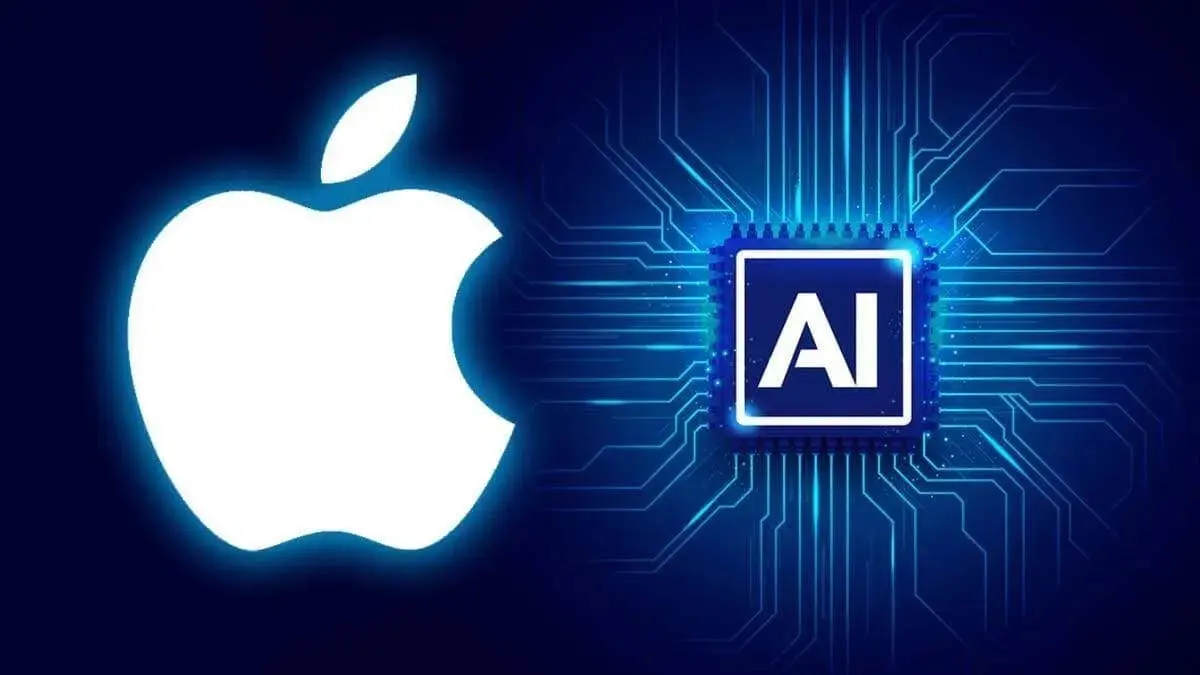In the rapidly evolving realm of smartphone technology, artificial intelligence (AI) has become a battleground for innovation between industry giants Apple and Samsung. As they unleash their latest models, the iPhone 15 and Galaxy S24, each company showcases its unique approach to integrating AI features, reflecting their distinct strategies and consumer appeals.
Apple’s Approach: Enhancing the Ecosystem
Apple’s strategy for embedding AI in its devices centers on enhancing user experience and tightening the integration within its ecosystem. Apple is reportedly focusing on upgrading Siri by incorporating more advanced AI capabilities, potentially introducing an AI-powered avatar of Siri in the upcoming iOS 18. This move aims to make interactions more natural and integrated, providing users with a more interactive and engaging assistant.
Apple also continues to leverage its robust hardware by integrating AI functionalities directly into the device’s operating system, iOS, allowing for more seamless operation and better privacy controls. This deep integration enables features like advanced face recognition through Face ID, which uses 3D depth mapping technology to enhance security.
Samsung’s Differentiation: Open Ecosystem and Versatile Features
Samsung, on the other hand, takes a slightly different path with a focus on versatility and open ecosystem integration. The Galaxy S24 series comes equipped with the Qualcomm Snapdragon 8 Gen 3 chip, which is designed to handle high-performance AI computations more effectively. This capability is evident in their camera systems, where Samsung utilizes AI to enhance photographic output, adjusting elements such as brightness, saturation, and white balance to deliver superior image quality under varied lighting conditions.
Furthermore, Samsung differentiates itself with the inclusion of the S Pen in the Galaxy S24 Ultra, offering creative capabilities that are enhanced by AI, such as handwriting recognition and on-the-fly translation services.
Performance and Practicality
Both companies have made significant strides in improving the practical applications of AI in everyday use. Apple and Samsung equip their devices with powerful batteries and fast charging capabilities, but they also introduce unique features that rely heavily on AI. For example, Apple’s new satellite communication features like Emergency SOS via satellite leverage AI to determine the user’s needs and connect them with the appropriate services during emergencies.
Market Impact and Consumer Choice
As AI becomes more integral to the smartphone experience, consumers are presented with a choice that often boils down to brand loyalty and preferred ecosystem. Apple users benefit from the seamless integration and privacy focus, while Samsung users enjoy flexibility and feature richness.
Apple and Samsung continue to push the boundaries of what smartphones can do with AI, each taking a unique approach that not only enhances user experience but also sets the stage for future innovations in the mobile technology space.























